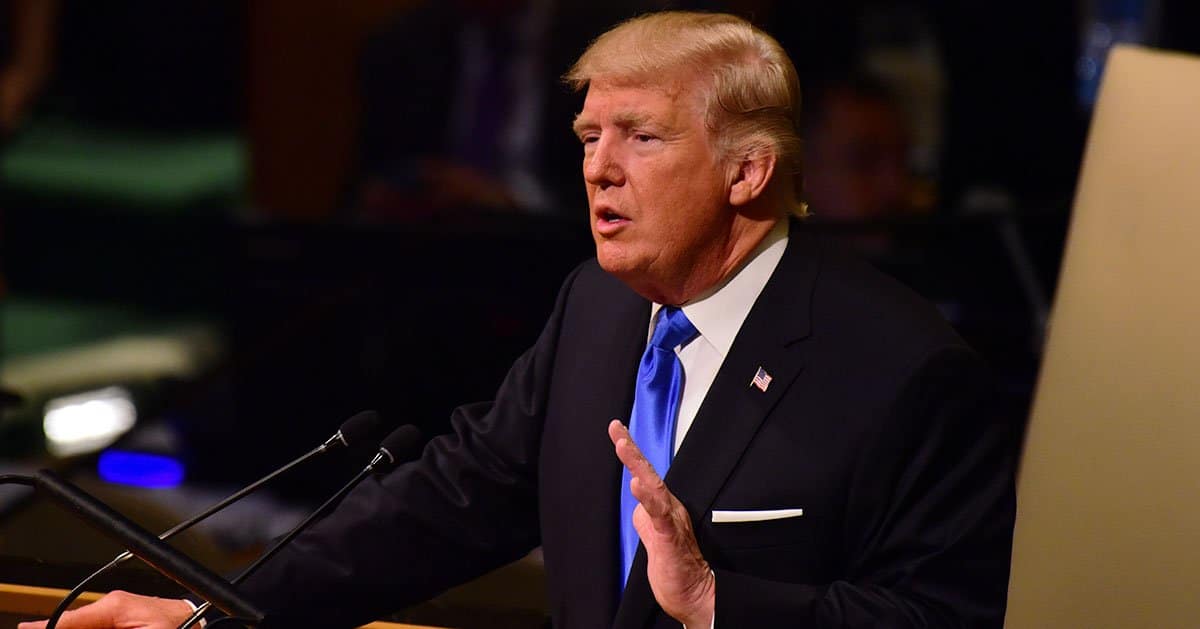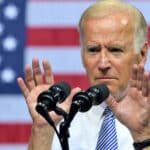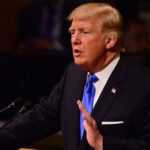




In a notable breach of electoral procedure, a Minnesota election judge has been charged for allegedly allowing unregistered individuals to vote during the 2024 election.
Breitbart reported that Timothy Michael Scouton, serving as a head election judge in Badoura Township, faces accusations of telling voters to bypass necessary registration requirements, resulting in illegal votes being cast.
The charges against Scouton include accepting votes from unregistered individuals and neglecting his official duties.
Hubbard County Auditor Kay Rave was instrumental in uncovering the discrepancies when she noticed registration forms missing from several ballots managed by Scouton. Her observation sparked a broader investigation leading to criminal charges.
The election irregularities began in the sparsely populated Badoura Township, home to approximately 100 residents, where Scouton served his role.
Concerns were initially raised by fellow election officers familiar with the usual processes. A complaint was filed by Rave, prompting a swift investigation into the events.
During the investigation, an election judge reported that Scouton advised voters against completing Minnesota's Voter Registration Application, a necessary step in confirming voter eligibility. This deviation from standard procedure allowed 11 individuals to cast ballots without proper registration.
Another election judge noted a lack of familiarity with registration forms, attributing this oversight to incorrect instructions received from Scouton. This misdirection clarified during the probe, led directly to the unintentional acceptance of unregistered votes.
Adding complexity to the case, Scouton's son was also involved as an election judge and tasked with handling registration forms. The procedural lapse contributed to the illegal voting instances now under scrutiny.
Authorities arrested Scouton last week, charging him with two severe felonies. The charges reflect not only the act of allowing unregistered voting but also a broader neglect of duty expected of those safeguarding the electoral process. Despite the grave accusations, Scouton did not issue any statements upon his detention.
The Minnesota Secretary of State's office weighed in on the case, underscoring the significant nature of the allegations leveled against Scouton.
“These allegations are extremely serious,” the office noted, emphasizing the responsibility of election officials to uphold election integrity.
In light of the allegations, the Secretary of State’s office highlighted the essential role election judges play.
There is a reliance on the integrity and fairness maintained by approximately 30,000 individuals responsible for election oversight in Minnesota, each expected to adhere strictly to legal frameworks.
The state's commitment to electoral fairness was evident in how swiftly local authorities responded. The prompt and decisive action by the Hubbard County Auditor was crucial in bringing discrepancies to light, facilitating the timely launch of an investigation.
Scouton undertook training for his election judge duties as recently as July, a crucial aspect of ensuring competent management of voting responsibilities.
His conduct in this election cycle has raised significant questions about the adequacy of training and adherence to legal obligations.
From official quarters, the sentiment remains clear. The allegations point to a serious breach of trust, not only in the immediate community of Badoura Township but also in the broader context of maintaining democratic processes that hinge on transparency and integrity.
The investigation continues, with keen public interest, as more details of Scouton's alleged derelictions emerge. This situation underscores the perpetual need for vigilance and accountability in election roles to prevent future breaches that could undermine public trust.
As the case unfolds, it serves as a poignant reminder of the delicate balance between managing democratic exercises and ensuring each vote is legitimately counted. The enforcement of election laws, officials assert, is vital to safeguarding the principles at the core of democratic society.



